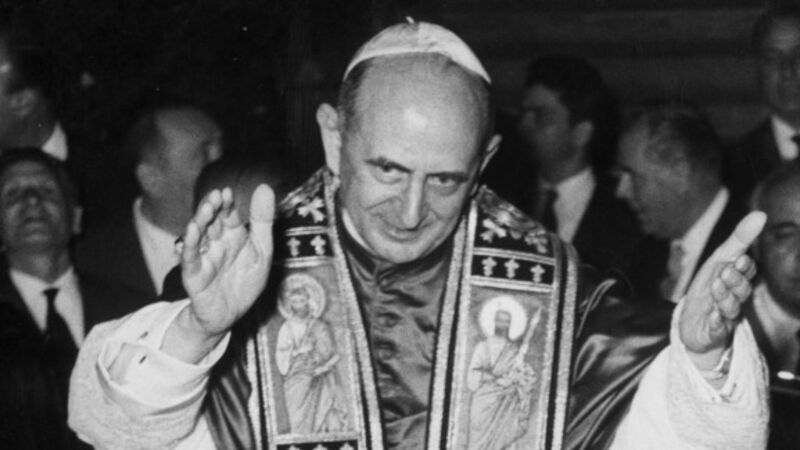50 years on, we still live with fall-out of Church’s anti-contraception doctrine

On the 50th anniversary of the Catholic Church’s publication of ‘Humanae Vitae’ — which opposed all form of artificial contraception — looks back at an ill-conceived document which not only has caused enormous harm to papal authority itself but has also been the source of worry, stress, and misery for millions of Catholic couples around the globe.
After the press conference in the Mater Dei Institute in Dublin to launch the encyclical in July 1968, I warned in my report for the Irish Press the following day that the Catholic Church might be on the threshold of one of the greatest crises in its history.
















